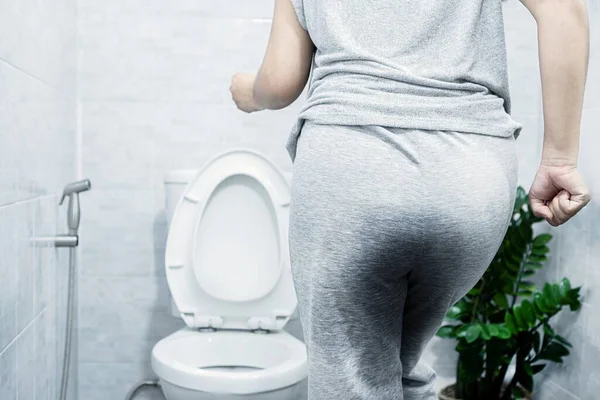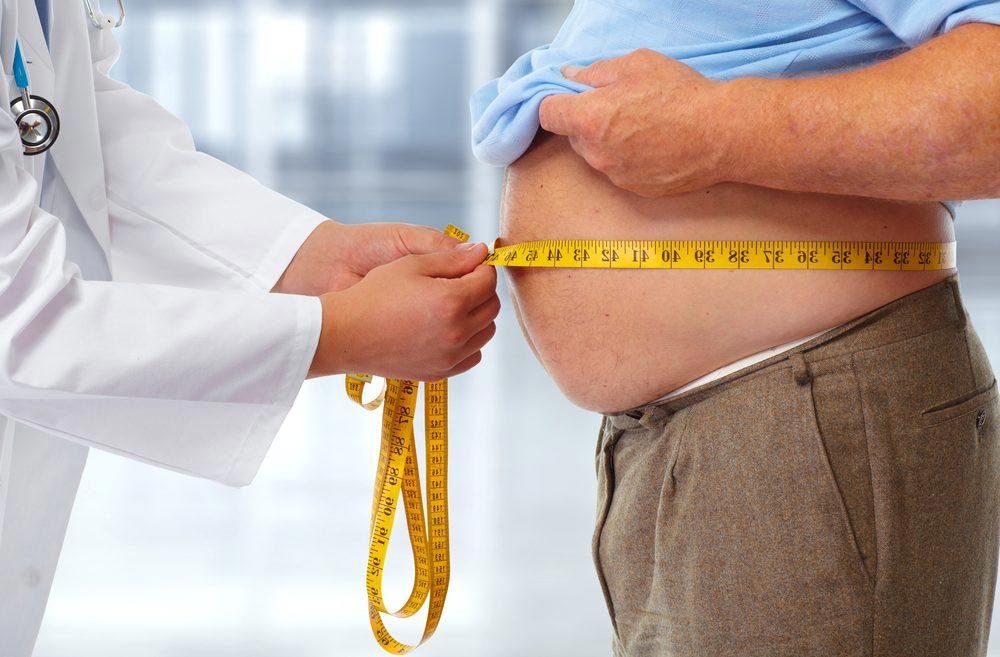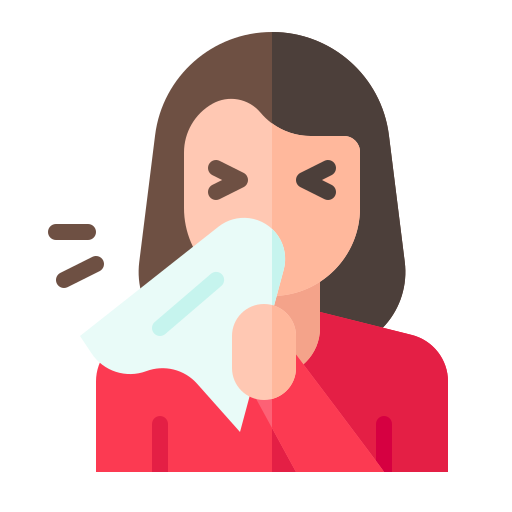

Stress Urinary Incontinence
Causes of Stress Urinary Incontinence

Here’s how the following circumstances can lead to SUI:

Pregnancy

Natural Child Birth

Chronic Cough or Constipation

Neurogenic or Genetic Factors

Menopause

Surgical Procedures

Obesity

Pregnancy

Natural Child Birth

Chronic Cough
or Constipation

Neurogenic or Genetic
Factors

Menopause

Surgical Procedures

Obesity

Pregnancy
Women face hormonal changes and consistent increases in weight during this phase. Either or both of these can be responsible for weakening the pelvic and sphincter muscles.

Natural Child Birth
Sometimes, natural deliveries can take a long. Using forceps, ventouse, or episiotomies to assist these deliveries can increase further risk. Another reason can be that the baby’s size is bigger than what the mother can take.

Chronic Cough or Constipation
These conditions put pressure on your pelvic and sphincter muscles. Hence, the constant pressure may weaken the muscles and cause SUI if they are not healed.

Neurogenic or Genetic Factors
Problems like spinal cord injuries, Parkinson’s, Alzheimer’s, and other neurological diseases may cause SUI. If your mother has suffered from this condition, chances are high that the daughter may go through it too.

Menopause
In this phase, too, women undergo plenty of hormonal changes that may weaken the pelvic and sphincter muscles.

Surgical Procedures
After undergoing surgeries on the bladder or uterus, there are chances that your pelvic and sphincter muscles may become weaker.

Obesity
Too much body weight does lead to several problems. SUI is one of them.
Symptoms of Stress Urinary Incontinence
If you have mild SUI, leakage may be relatively lesser and caused due to the following activities:

Coughing

Sneezing

Exercising

Laughing

Diagnosis of SUI
Following are some ways of measuring the severity of SUI with accuracy:
Checking for Leakage During Certain Movements
Trans Vaginal Scan
– Sonography
Bladder Diary or Frequency Volume Chart
Kegel Test
Urine Test
How We Treat SUI
Here’s how it works:
- We use a laser diode of 1470 nm that helps us achieve a deep thermal effect.
- This helps to rejuvenate tissues and the contraction of elastin fibres.
- It thickens the vaginal walls, which helps in treating the area around the urethra.
- As a result, after each session, the patient feels a significant improvement in her condition.
- After each session, the patient must rest for 4-6 days, after which she can resume normal activities.
- The procedure is non-invasive, pain-free, and free of side effects.
- It permanently cures urine leakage, improving sensation, orgasm, and vaginal dryness.

Contact us
Gala no 2, PTC Building Orchid Suburbia, Near Dhanukarwadi, Metro Station Link Road, Kandivali West, Mumbai, India - 400067

Contact us
Gala no 2, PTC Building Orchid Suburbia, Near Dhanukarwadi, Metro Station Link Road, Kandivali West, Mumbai, India - 400067
